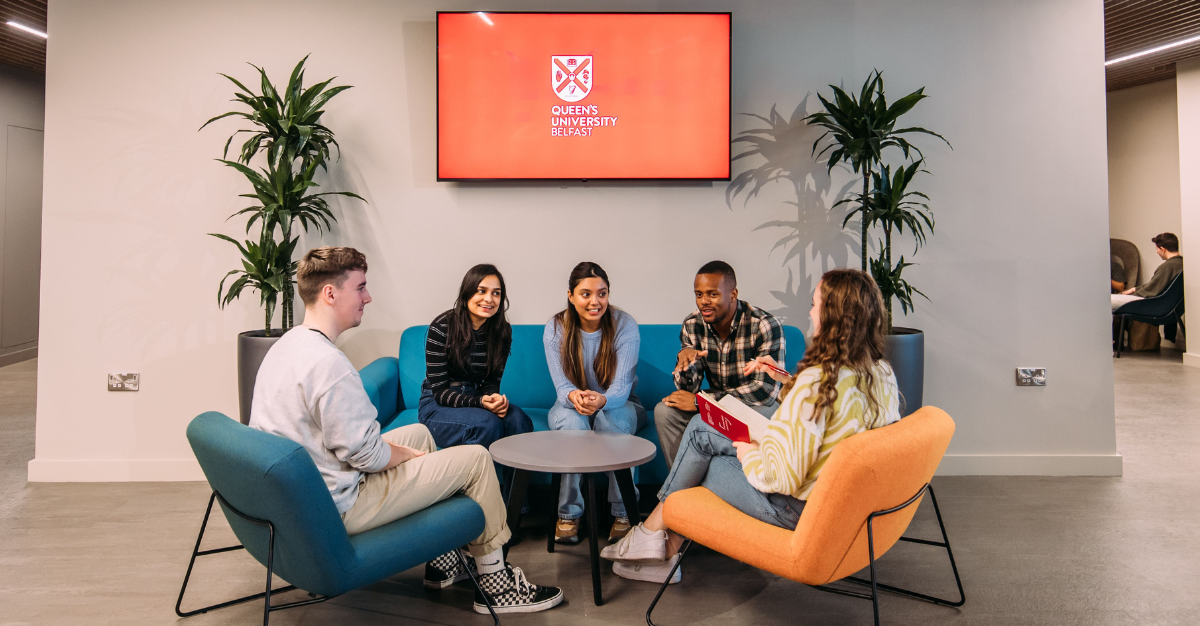Stay ahead in the competitive graduate job market by developing your core skill set. Here are some of the top skills employers will look for in 2022.
1.Active Listening
It is no secret that our attention spans are a lot shorter than previous generations. We are so used to consuming hundreds of messages at record speed that we no longer know how to fully focus on one message at a time.
Active listening involves understanding what the other person is saying, as well as truly hearing it.
In terms of customer service, you hear their problem, but you also understand why it is a problem for them and what solution they are looking for.
2. Written, Verbal and Non-Verbal Communication
How we come across in emails, the language we use to talk to those around us, and how we use our body language are all forms of communication.
Understanding how you communicate and how you can adapt it to suit different audiences shows maturity and empathy.
It also suggests that you would be a good leader – traits all employers look for when recruiting.
3.Collaboration
Collaboration is similar to teamwork.
It is the ability to work with others to complete a task or project.
Employers assessing collaboration skills will be looking at if you can bring a team together, how you support your colleagues and if you can develop an idea by offering constructive feedback or by building on it.
4.Emotional Intelligence
Emotional intelligence indicates how well you understand people, and this comes in twofold.
The first is with your colleagues. Today’s world wants a peaceful workplace where everyone thrives. Having employees that can see when someone is struggling or having a difficult time and has the emotional tools to help them creates a workplace of trust and collaboration.
The second is with consumers or customers. Products and services are driven by consumer needs and motivations. Understanding what motivates a person or what problems they need resolving will help you develop innovative products/services that will sell.
5.Critical Thinking
Critical thinking is the ability to analyse data and form a judgment.
With AI technology, a lot of today’s thinking is done for us. An algorithm works through whatever information you provide and offers a selection of options to choose from.
But not all information should (or can) be analysed by a computer.
Having this skillset shows employers that you can:
- Understand data
- Draw out common factors
- Apply those factors to the market/person/situation you are working on
- Make an informed decision
6.Problem-Solving and Decision Making
This deals with how well you can work with others to find a solution.
Everyone has their own opinion, but the skill lies in working with others to think the problem through and come up with a solution that benefits the company.
7.Conflict Resolution
Again, workplace norms are changing, and behaviour that was tolerated previously no longer is.
As such, conflict resolution is sometimes needed. If someone in your team is making offensive comments or not pulling their weight, you should have the skills to gently resolve the situation before it escalates.
This skill is desired among all employees, particularly those going into HR or leadership roles.
8.Professional Attitude and Self-Motivation
As a generalisation, there is a lack of accountability among new graduates.
How many times have you blamed something on technology rather than taking responsibility? Missed appointments or been late because you didn’t get your reminder notification. Forgot to pay something because it wasn’t in your calendar?
Employers want to see that you are motivated and that they can depend on you. They want to see that you have a career plan, can manage multiple commitments, that you show up on time and have initiative.
Though image isn’t everything, employers also want to see that your clothes are clean and ironed and you are somewhat groomed.
It may sound shallow, but to employers, it shows you can look after yourself and, therefore, their company.
Our programme of Careers events and activities is designed to help you develop your soft skills. View and book upcoming events here
Read: Top Skills Employers Will Look for in 2022














